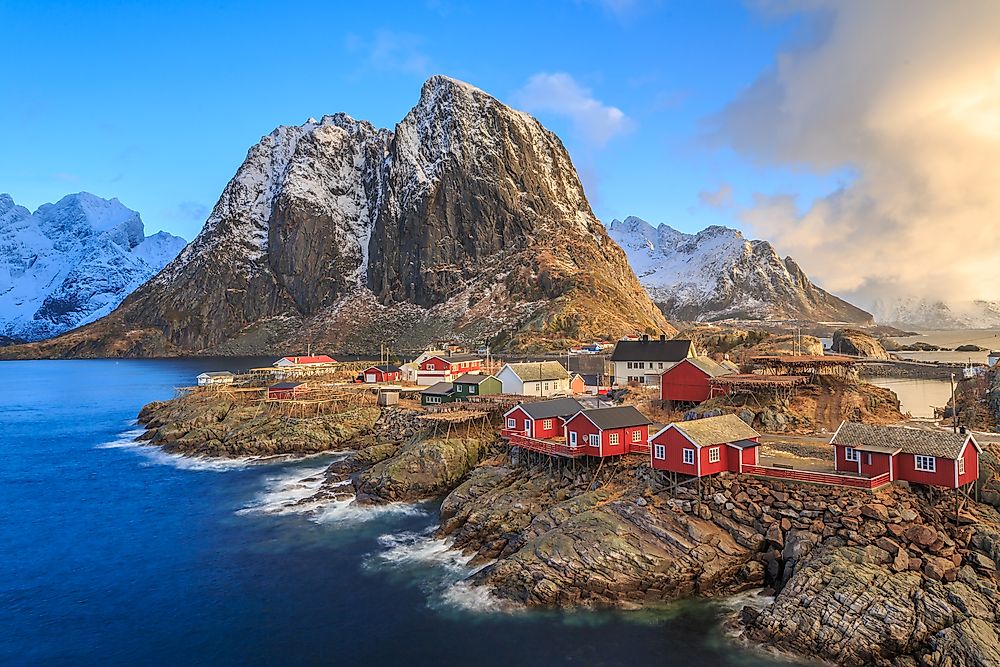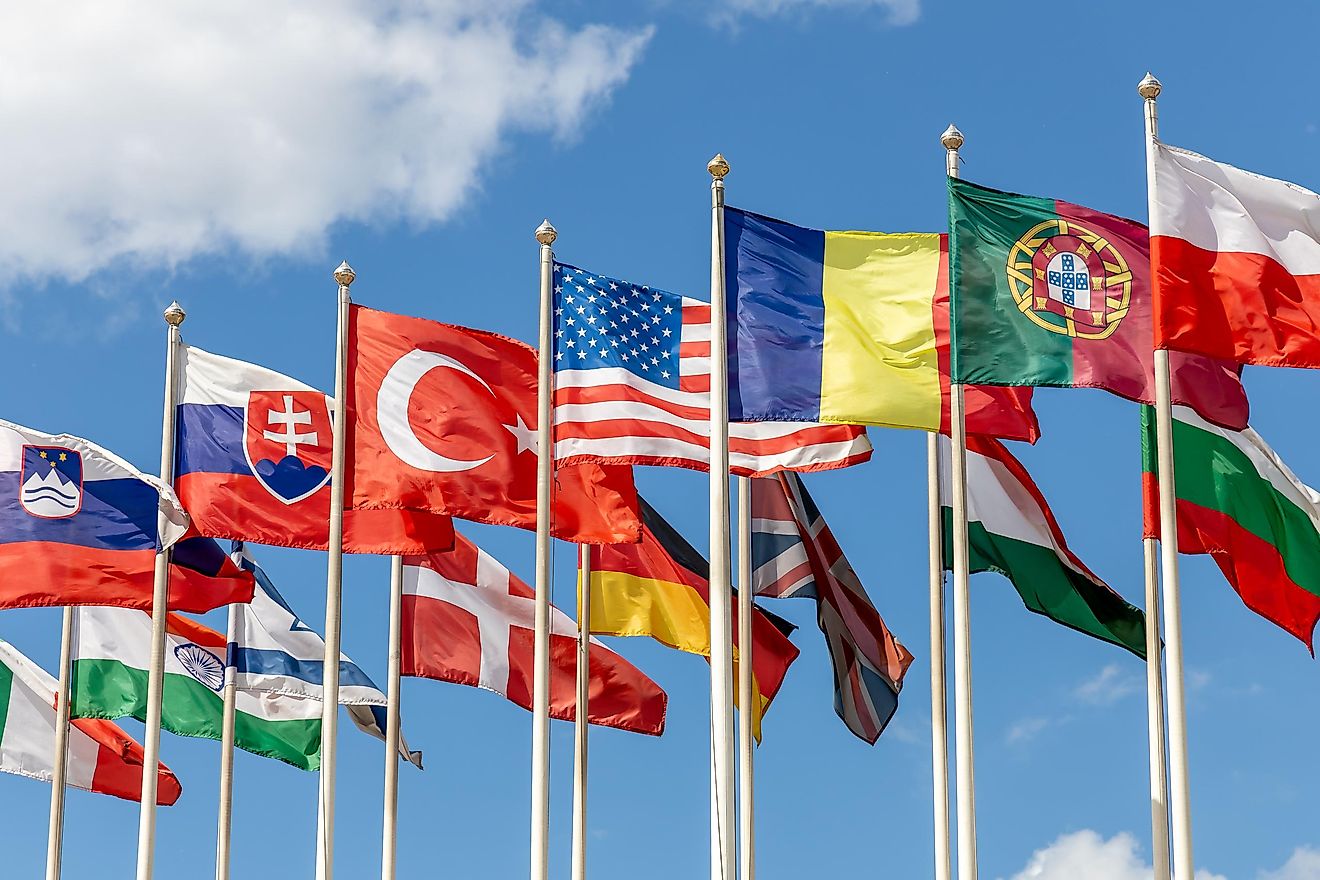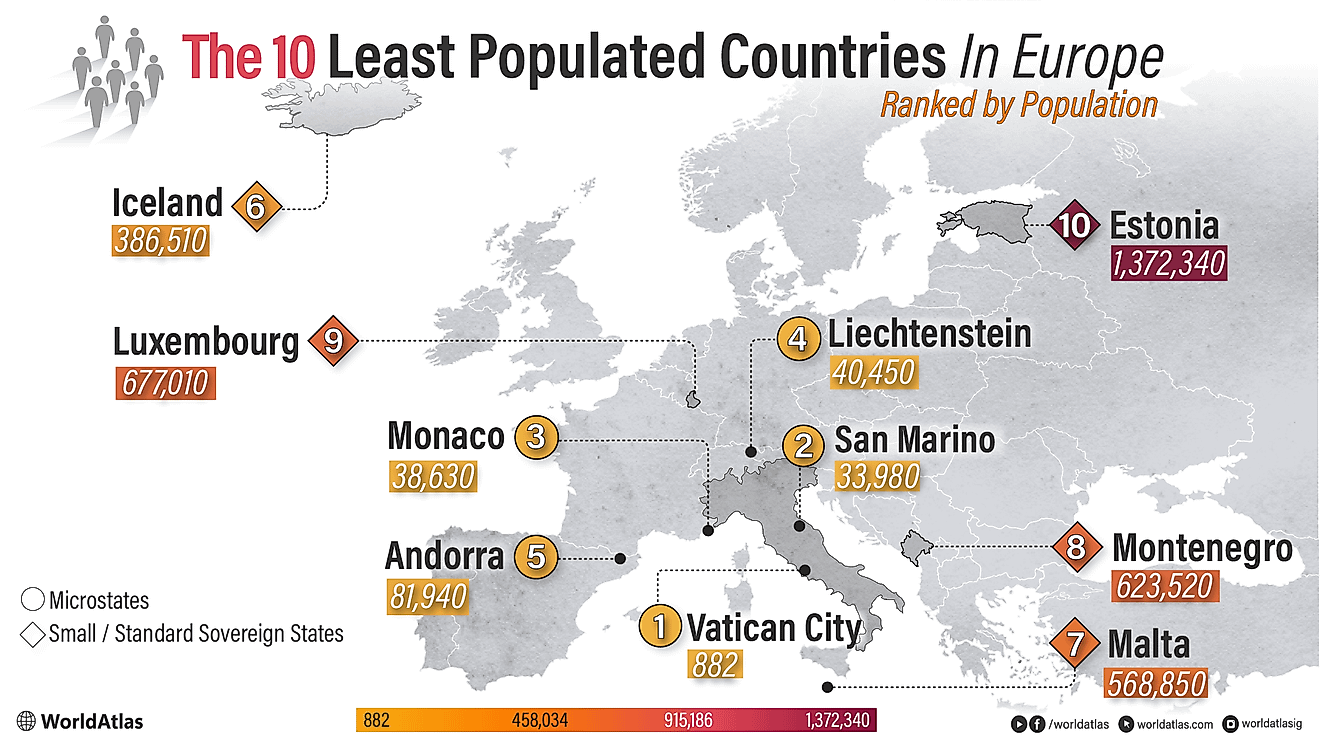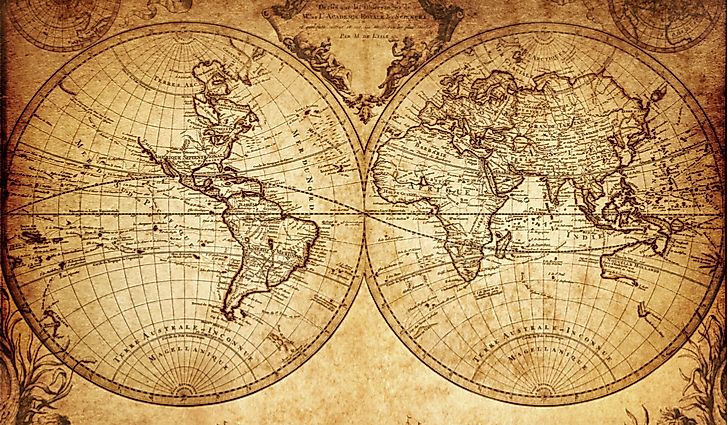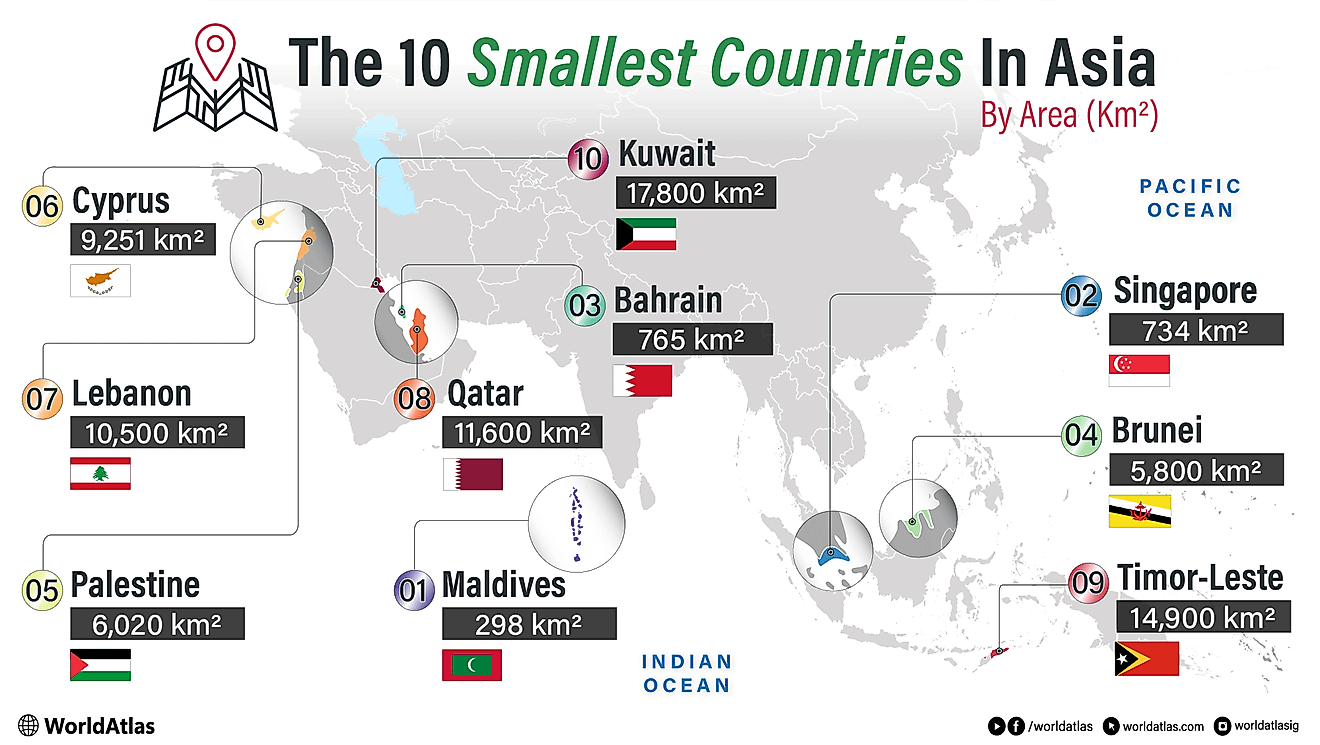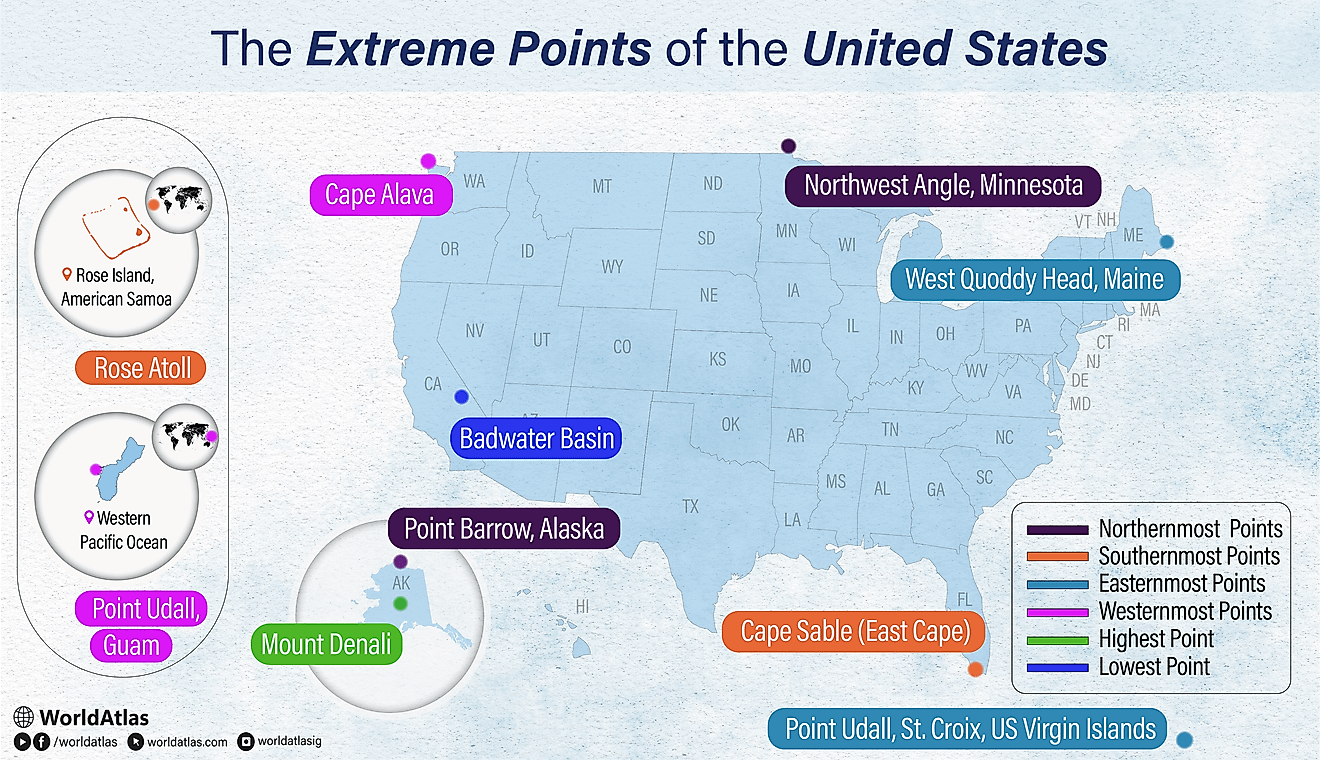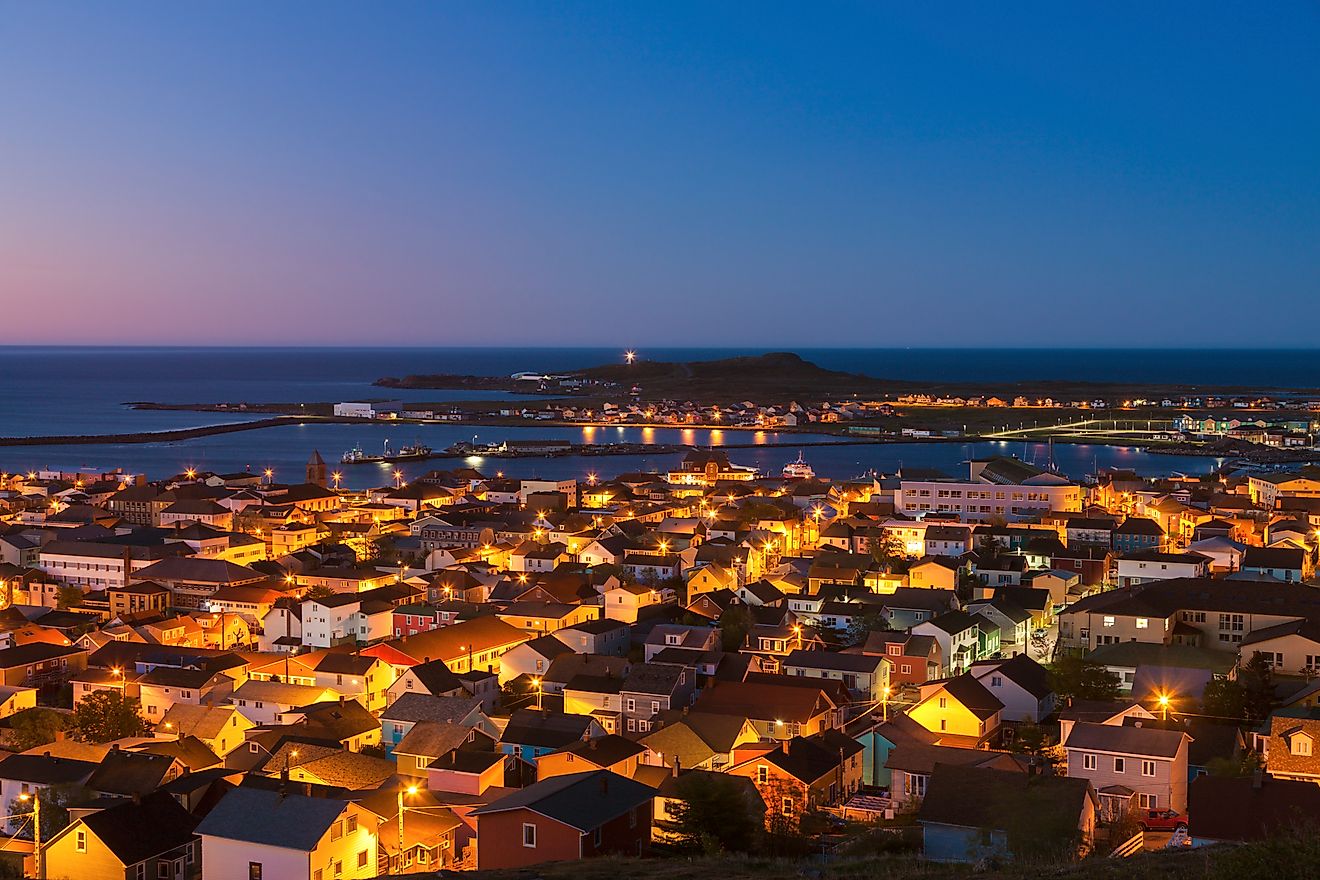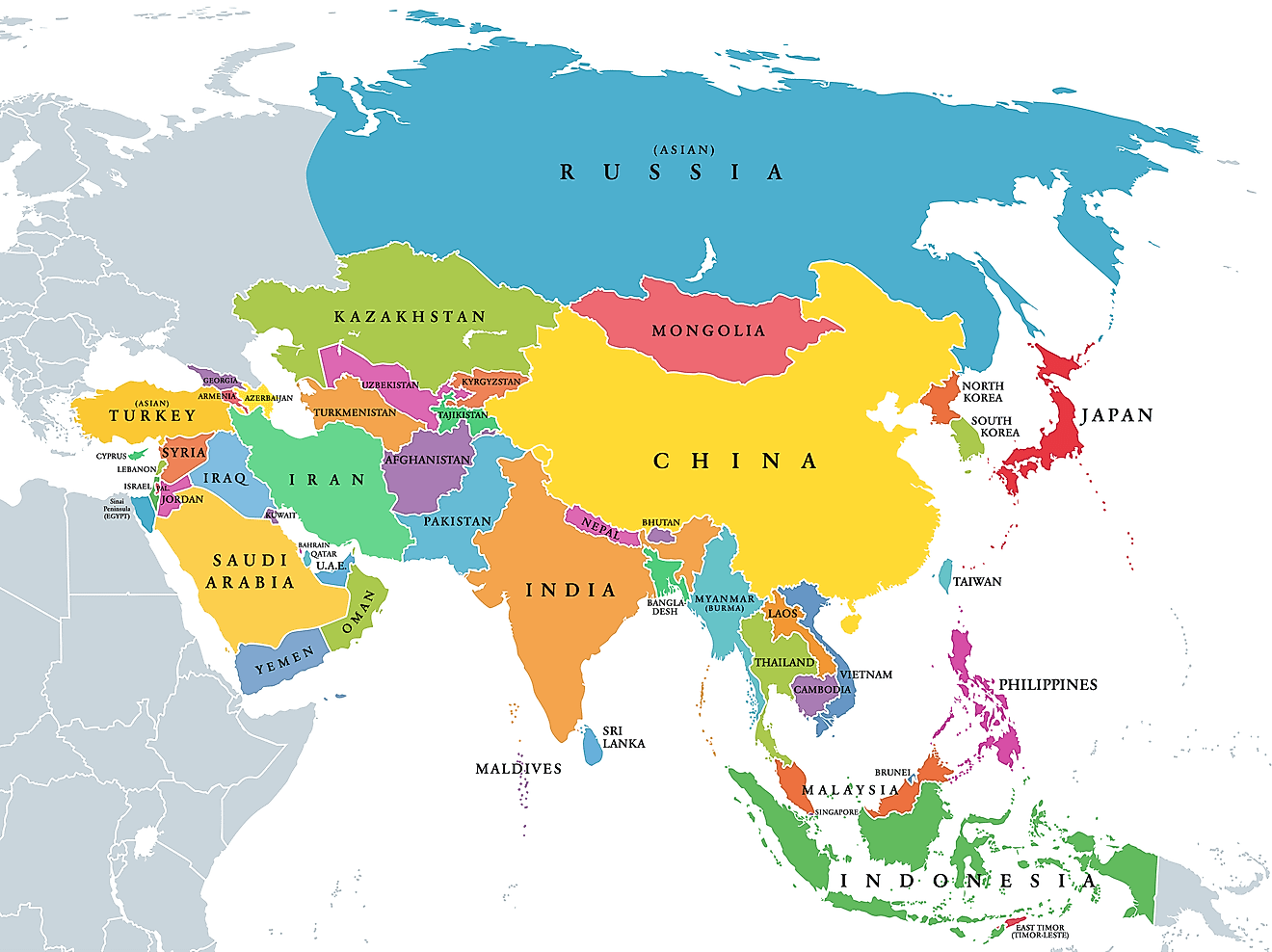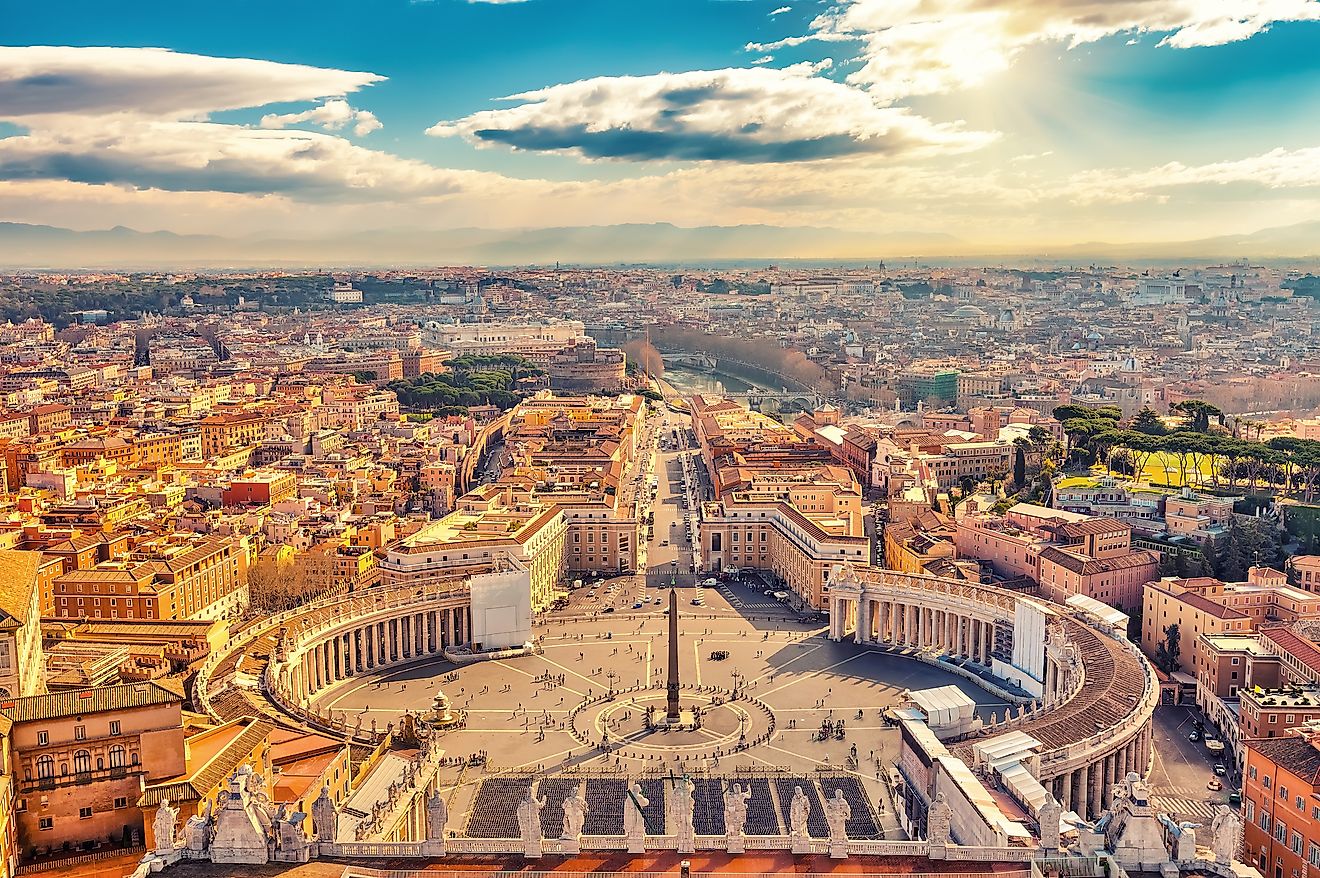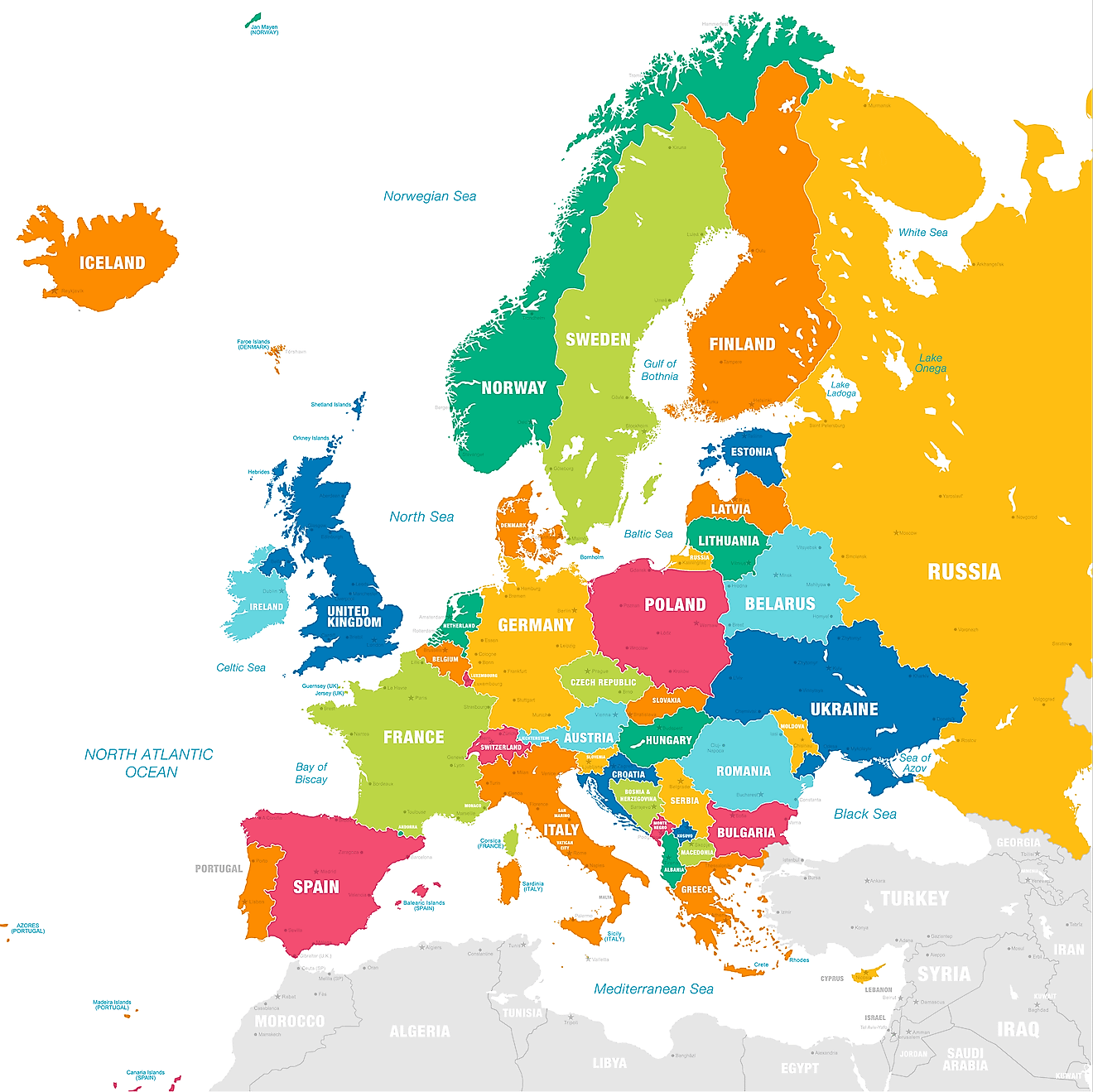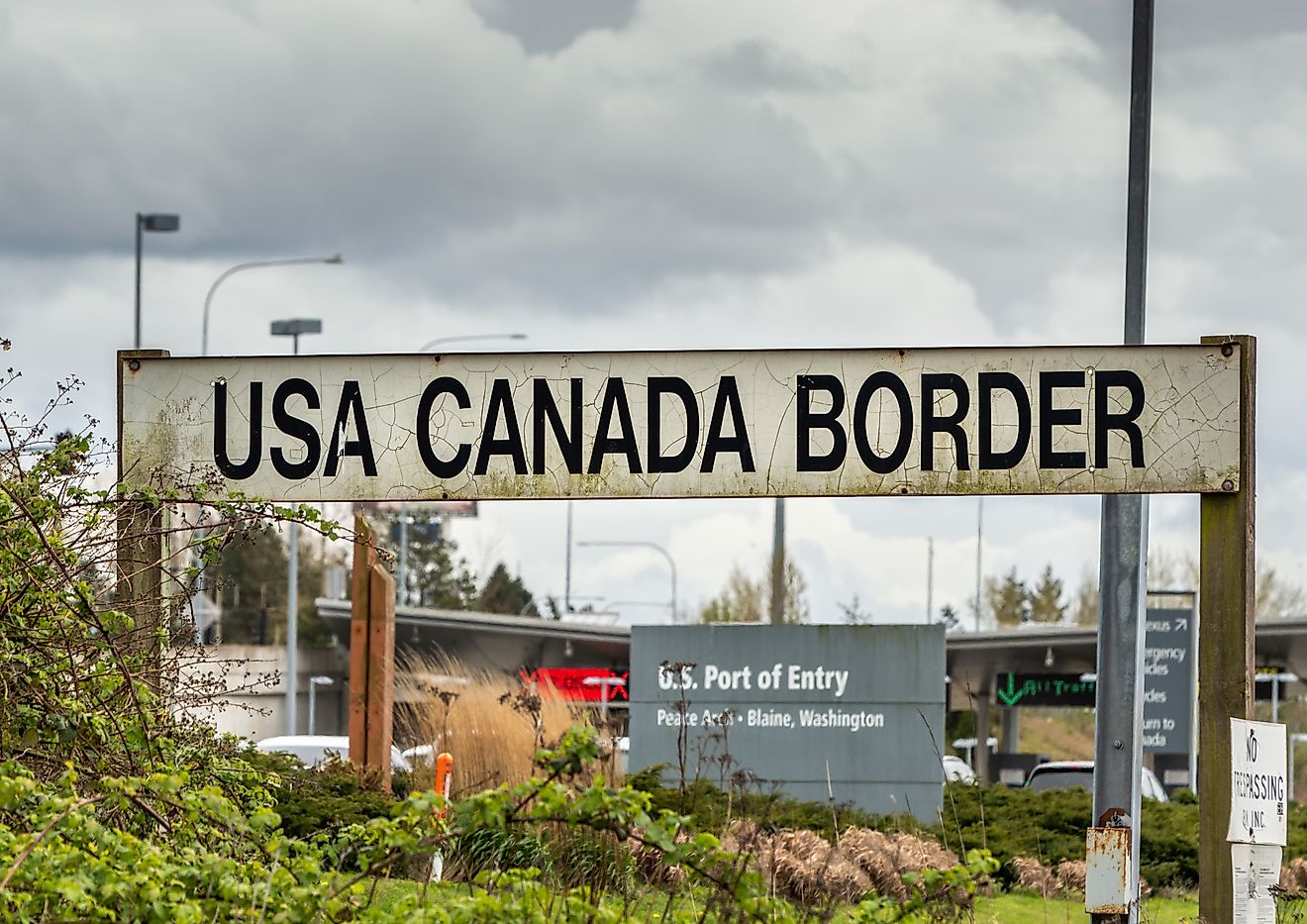
Countries That Start With The Letter A
Did you know there are 11 countries in the world that start with the letter "A"? Yet, how that letter "A" is pronounced is different between many of these countries, such as the difference between "awkward" vs. "ate;" this is why those different sounds are called "phonemes" and different symbols are used in the international phonetic alphabet (IPA).
The "A" sounds at the beginning of these countries' names are pretty rare! In fact, they are used in only 2% to 7% of over 3,000 languages and dialects spoken around the world, according to the linguists at Phoible.org.
Also, did you know that in English, the letter "A" shows up in about 8.12% of all the words we use? That is something researchers at Cornell University found out. Yet, how these 11 countries got their names that start with "A" is a fascinating story, so keep reading to learn more.
Countries That Begin With "A"
| Country | POPULATION 2023 | A Phoneme |
|---|---|---|
| Afghanistan | 42,239,854 | /æ/ |
| Albania | 2,832,439 | /æ/ |
| Algeria | 45,606,480 | /æ/ |
| Andorra | 80,088 | /æ/ |
| Angola | 36,684,202 | /æ/ |
| Antigua and Barbuda | 94,298 | /æ/ |
| Argentina | 45,773,884 | /ɑː/ |
| Armenia | 2,777,970 | /ɑː/ |
| Australia | 26,439,111 | /ɒ/ |
| Austria | 8,958,960 | /ˈɒ/ |
| Azerbaijan | 10,412,651 | /æ/ |
Afghanistan
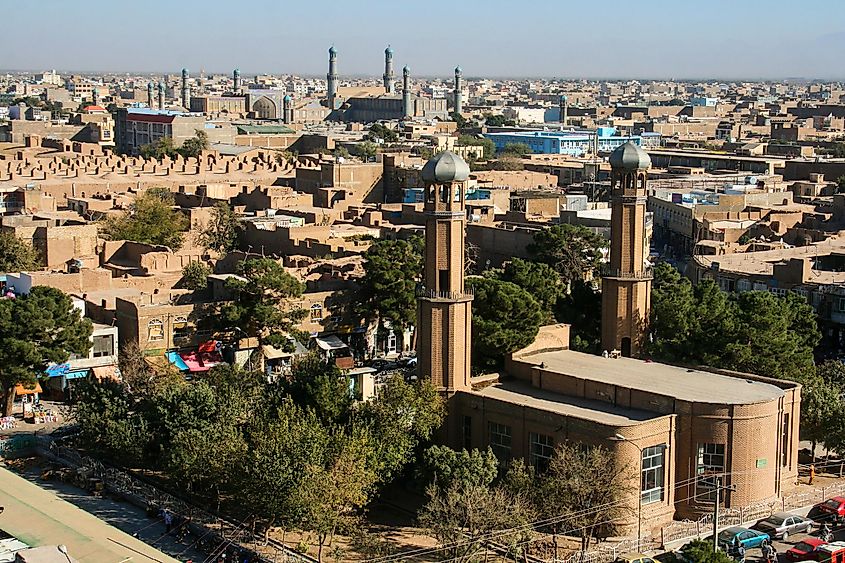
Literally meaning "Land of the Afghans" in the Pashto language, Afghanistan is a multiethnic country that can be found in the heart of Central Asia between Iran, Pakistan, China, Turkmenistan, Uzbekistan, and Tajikistan.
Afghanistan has been consistently headlines across the world thanks to its troubled past with war, conflict, and terrorism. Beyond these things, Afghanistan is a country rich in culture and fascinating history. Perhaps one day this wartorn part of the world will find peace and stability.
Albania
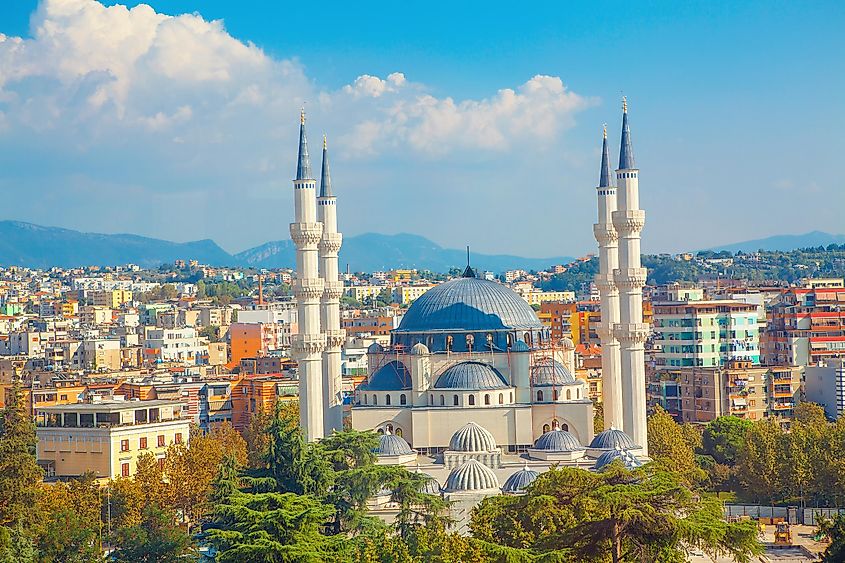
Known as Shqipni to its native inhabitants, the rest of the English-speaking world recognizes this gem of the Balkans as Albania. Albania is located in southern Europe along the Adriatic Sea bordering Montenegro, Kosovo, Greece, and North Macedonia.
Albania is best known for its stunning mountainous landscape and marvelous beaches. Albania has always been the dark horse of Europe in terms of its unique culture and language. Albania is also one of the few Muslim-majority countries in Europe.
Algeria
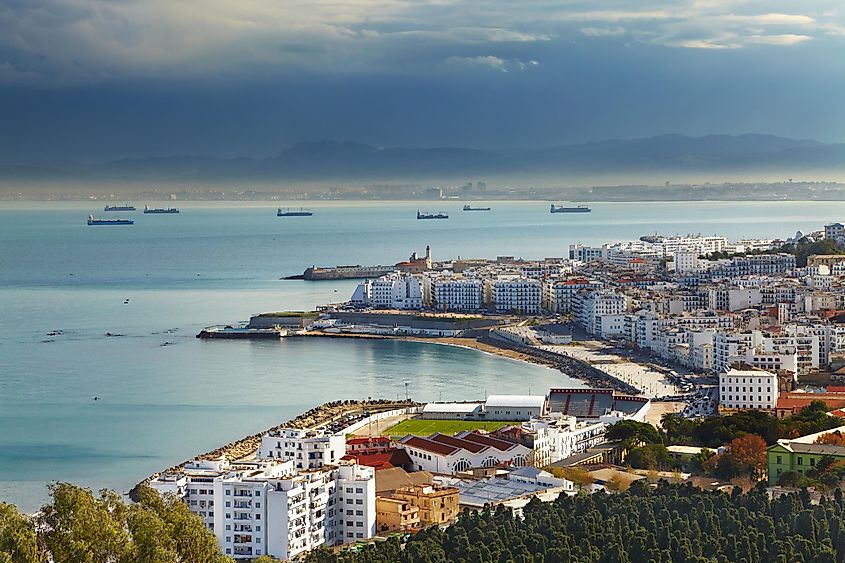
Located along the North African coast is the country of Algeria. Alergia is an Anglicized version it the country's Arabic name "al-Jazair" which means "the islands." This refers to the four major islands that used to sit off the coast of Algeria until they were joined to the mainland in 1525 AD.
Algeria is an Arab country but still has a lot of cultural relics that remain from its time as a French colony. In the capital city of Algiers, many city blocks are lined with apartment buildings and storefronts that are unmistakably French in origin.
Andorra
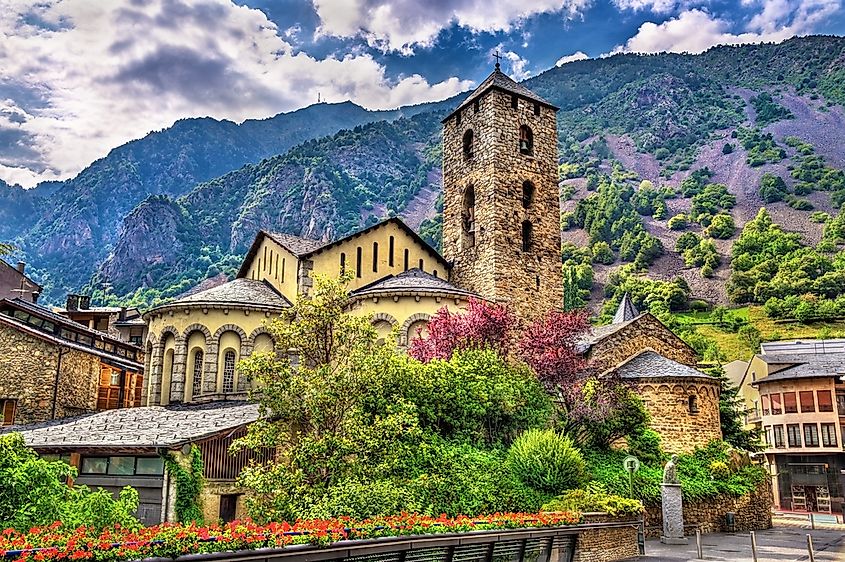
A small landlocked country wedge between France and Spain, Andorra is one of the more obscure countries of Europe. Situated right along the Pyrenees mountain range, this micronation is famous for its skiing and interesting blend of French and Spanish culture.
Andorra shares a closeness with Barcelona and Catalan identity as well with many of its citizens either speaking the language or identifying as Catalonian. Andorra is a co-principality ruled by the Bishop of Urgell and the president of France.
Angola
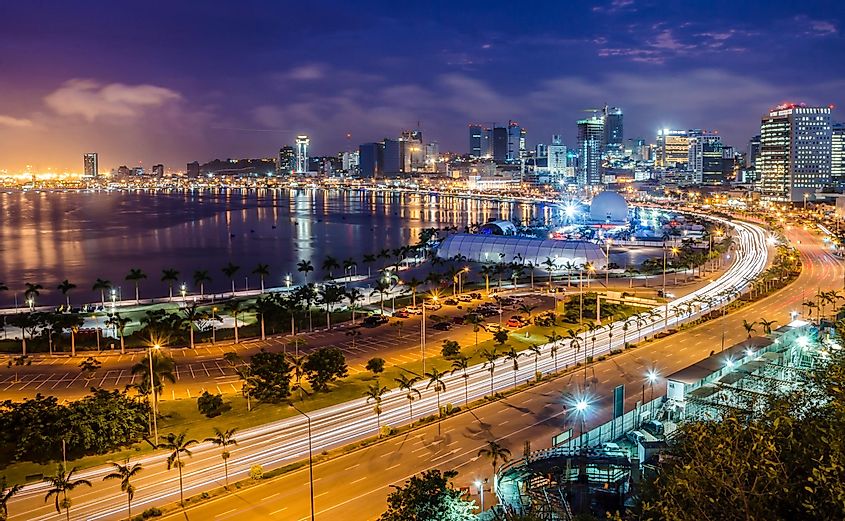
Angola can be found along the western coast of southern Africa. Bordering Namibia, Zambia, and the Democratic Republic of the Congo Angola was originally settled by the Bantu people sometime around 1000 BC until it was colonized by the Portugese in the 1500s AD.
As a result of its colonial past, it is a Portuguese-speaking country, although another 46 unofficial languages are spoken within its borders, mostly Bantu languages. The name "Angola" comes from the Bantu word Ngola, which refers to an iron object representing kingship in the Lunda and Mbundu people.
Antigua and Barbuda
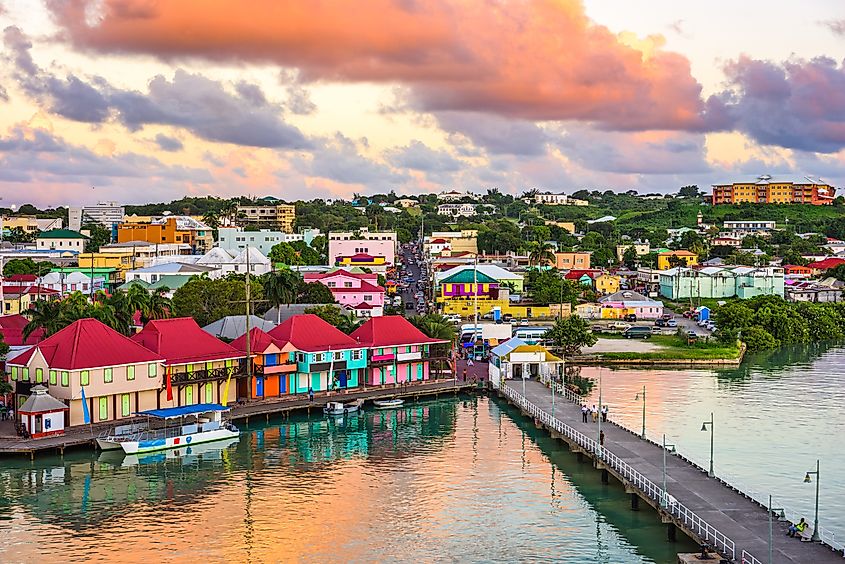
Antigua and Barbuda is an island nation located in the middle of the Caribbean Sea. Made up of dozens of islands, Antigua and Barbuda are the two largest. Each year thousands of tourists flock to this tropical paradise to enjoy the crystal clear water and fantastic weather.
Antigua is said to have been named by Christopher Columbus in 1493 after the Church of Santa Maria de la Antigua located in Sevilla, Spain. Barbuda was called "Wa’omoni" by its original Indigenous settlers, which is believed to mean "Island of Herons."
Argentina
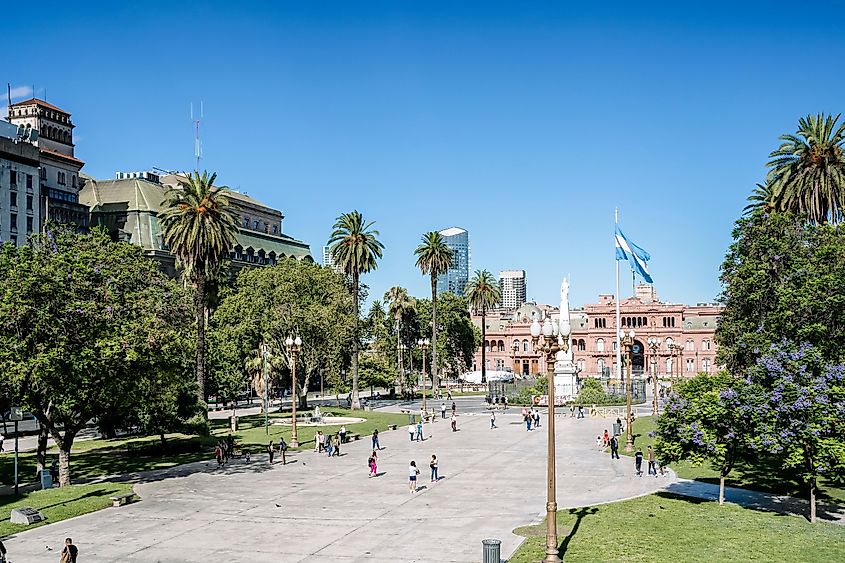
One of the largest countries in South America, Argentina’s name refers to the Latin word for silver, Argentum. Known for its rich European culture and lifestyle, Argentina's capital, Buenos Aires, is sometimes referred to as the "Paris of South America.
The 20th century was not kind to Argentina as it went through much political and economic turmoil. However, in the 21st century, things are beginning to look up as it has reached a relative level of stability in recent years.
Armenia
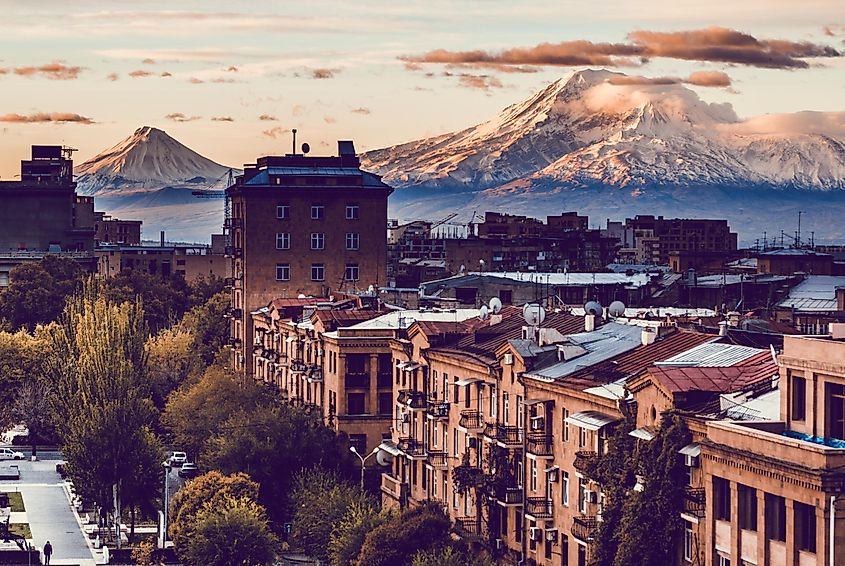
One of the oldest countries on Earth, Armenia is located deep within the Caucasus Region between Europe and Asia. Armenians refer to their own country as Hyastan, and themselves as Hayq (plural. Singular, "Hay").
Armenia has been ruled over by countless empires but has finally enjoyed independence after breaking away from the Soviet Union in 1991. Sadly, the post-Soviet years have not been great. Armenia's time as a sovereign country has been spent clashing over border disputes with its neighbor Azerbaijan.
Australia
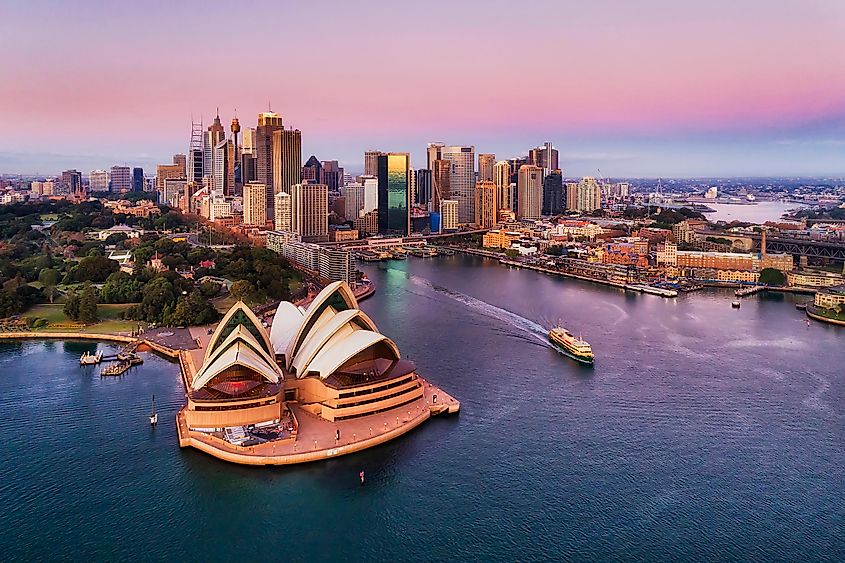
Australia lies in the deep in the southern hemisphere and is the largest country in the region known as Oceania. Its name is said to come from the Latin word Australis which simply means "Southern."
Australia was famously once a British prison colony before it became a permanent settlement in the middle of the 19th century. In 1900, the six colonies of Australia became an independent country, but as part of the Commonwealth, they still maintain a strong link with the United Kingdom.
Austria
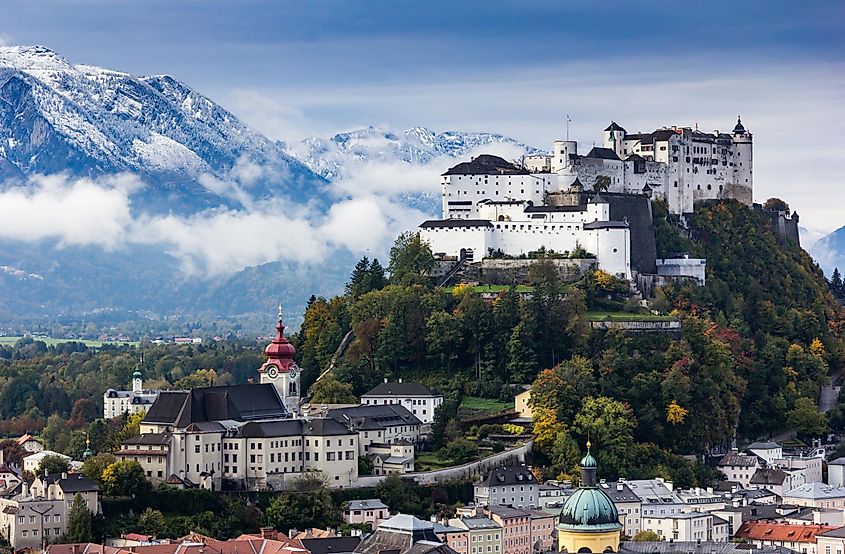
Landlocked in Europe, Austria is a small country whose name refers to the fact that it sits east of Germany. The name is related to the ancient high German word Ostarrichi, which means "Eastern realm," and it was used as early as the year 996 AD to reference the region that bordered Bavaria.
Located right along the Alps, Austria is known around the world for its beautiful mountainous terrain and sweeping landscapes. Austria is often regarded as having some of the best skiing in the world.
Azerbaijan
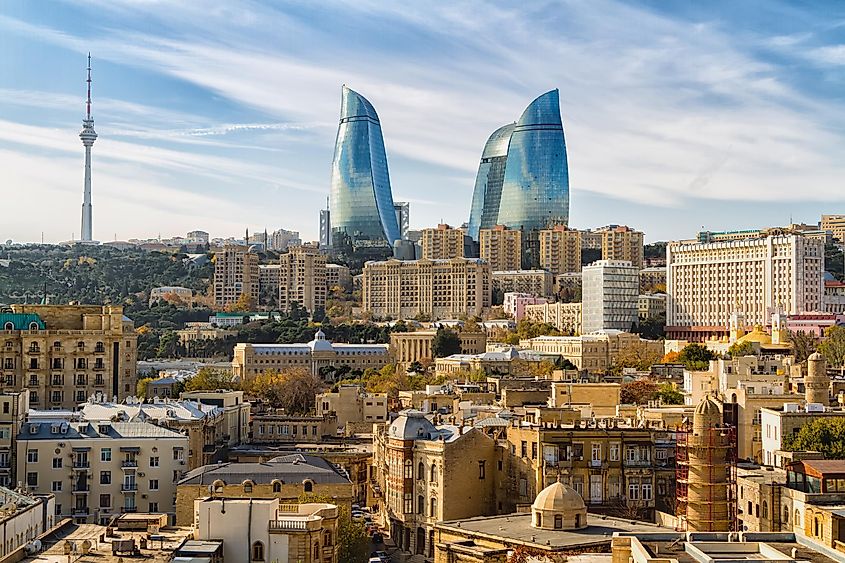
Surrounded by the Caspian Sea and the Caucasus Mountains, the origins of Azerbaijan’s name are disputed. Many think the country was named after an Iranian governor named Atropatene, who ruled over a region now located in modern Iranian Azerbaijan. The word Atropates comes from Old Persian and means "protected by fire."
Azerbaijan has been on the rise since it gained independence from the Soviet Union in the early 90s. Its massive oil reserves have made Azerbaijan one of the wealthiest countries in the region and its capital city Bakku is now a tourist hotspot.
Final Thoughts
In total, there are eleven "A" countries in the world. The decision to name a country is monumental, with an effect that lasts for centuries or longer. Complicating things further, different languages may refer to a country with an entirely different pronunciation, depending on factors like history and linguistic limitations and preferences. An interesting exercise is to consider how the name of your country of origin is pronounced around the world, in different tongues.
